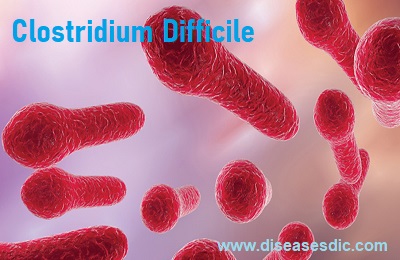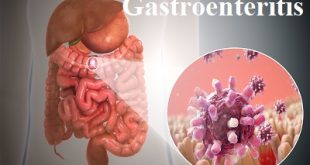Overview Clostridium Difficile is a bacterium that causes an infection of the large intestine (colon). Symptoms can range from diarrhea to life-threatening damage to the colon. The bacterium is often referred to as C. difficile or C. diff. Illness from Clostridium Difficile typically occurs after use of antibiotic medications. It most commonly …
Read More »Gastroenteritis – Definition, Risk Factors, and Prevention.
Definition Gastroenteritis, also referred to as ‘stomach flu’, is inflammation of the stomach and intestinal lining, which causes diarrhea and vomiting. It can be caused by a virus, a bacteria or a parasite. Norovirus is the most common cause of gastroenteritis in adults. In children, rotavirus is more often involved. …
Read More »Impetigo – Pathophysiology, Complications, and Diagnosis.
What is impetigo? Impetigo is an infection of the outer layer of the skin. Its most often caused by the bacteria Staphylococcus aureus or Streptococcus pyogenes. Impetigo is much more common in children, but adults can get it too. It’s more common in the summer months. Normally, your skin is …
Read More » Diseases Treatments Dictionary This is complete solution to read all diseases treatments Which covers Prevention, Causes, Symptoms, Medical Terms, Drugs, Prescription, Natural Remedies with cures and Treatments. Most of the common diseases were listed in names, split with categories.
Diseases Treatments Dictionary This is complete solution to read all diseases treatments Which covers Prevention, Causes, Symptoms, Medical Terms, Drugs, Prescription, Natural Remedies with cures and Treatments. Most of the common diseases were listed in names, split with categories.



